|
|
Millennial turnover in the PR field is estimated to be as high as 50 percent at some agencies (Digiday 2015), while the cost of replacing these employees can be up to 200 percent of an employee’s annual salary, according to a 2105 study released by the Association of Talent Development. That’s a significant amount of money to leave on the table and accept as industry standard.
There may be solution to the problem: What if agency executives took simple steps to mitigate millennial turnover, and accepted that they have a limited amount of time with this population?
Through proactive talent management, talent acquisition and learning and development strategies, we can create a brand loyal workforce that is likely to return to us at some point as employees or even clients.
From a talent management perspective, PR managers must set expectations early and often. Millennials expect quick results, want to work smarter and faster than others to achieve more and have high expectations for their managers to help them realize this success.
To take advantage of this achievement orientation, agencies must provide absolute transparency in their career-path objectives and progression processes from day one. We also must have the courage to reward based on merit, not tenure.
To attract and engage this population, our talent acquisition strategies must offer millennials the ability to make an impact quickly. We must highlight opportunities to contribute to the greater good and make a difference immediately.
Why not let them own a pro-bono project, or form a shadow new business team for a digital assignment? When their ideas are actually sold to a client, it is a win-win for both the millennials and the agency.
Growing up as digital natives, millennials understand what it means to be connected 24/7, and want to be trusted with the flexibility to accomplish the tasks assigned to them, whether it be in the office, a client site or a coffee shop.
Asked if they would prefer a 15 percent pay raise or greater flexibility, millennials were split 50-50, highlighting just how important flexibility can be (Brad Karsh, JB Training Solutions).
At Edelman, we offer flexible work arrangements through telecommuting options and flexible schedules. We also offer rotational programs, global mobility career assignments with language training, paid sabbaticals to fulfill lifelong dreams and reward our employees with experiences—such as volunteering in Morocco—to work with a women's literacy program, andnot just compensation plans.
Millennials know their value proposition is the knowledge they accumulate and experiences they gain. Through school and sports, they grew up with a semester mentality, where every four to six months they were on to a new challenge or activity.
Our learning and development programs must provide continual opportunities for personal and professional growth and offer new experiences frequently.
While we can mitigate the problem, we will never fully eliminate the high turnover of millennial employees. Their average tenure is 18 months to three years, according to the Wall Street Journal.
Instead of allowing this to be a source of frustration, let’s control what we can from a talent management perspective. PR agencies need to be open to nontraditional and unique ways to harness the exceptional advantages this outstanding workforce has to offer our profession.
* * *
Carrie Galli is senior VP of Global Learning and Development at Edelman. She can be reached [email protected]



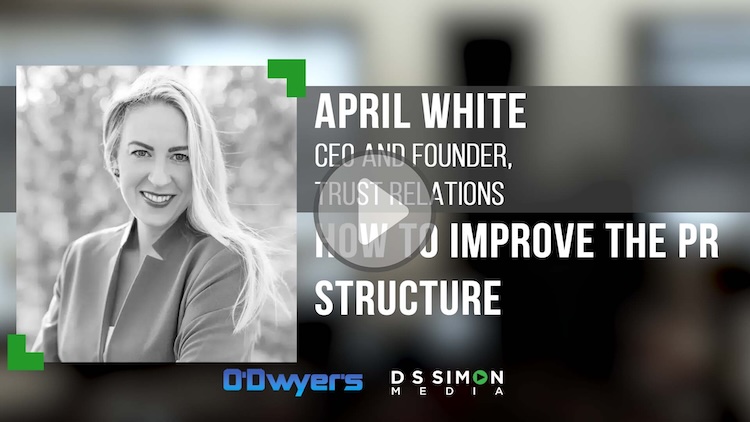
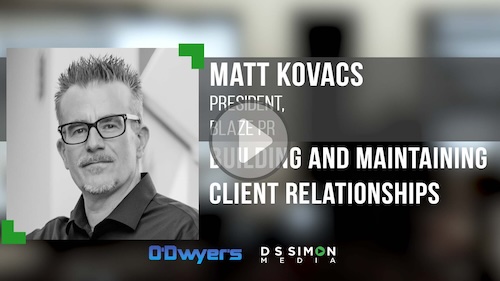
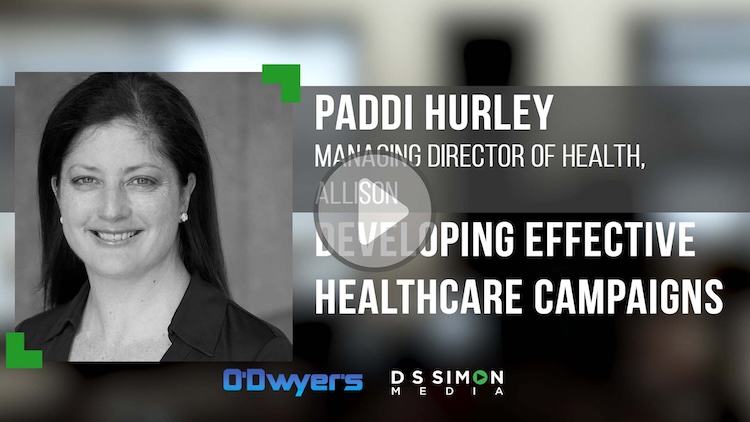
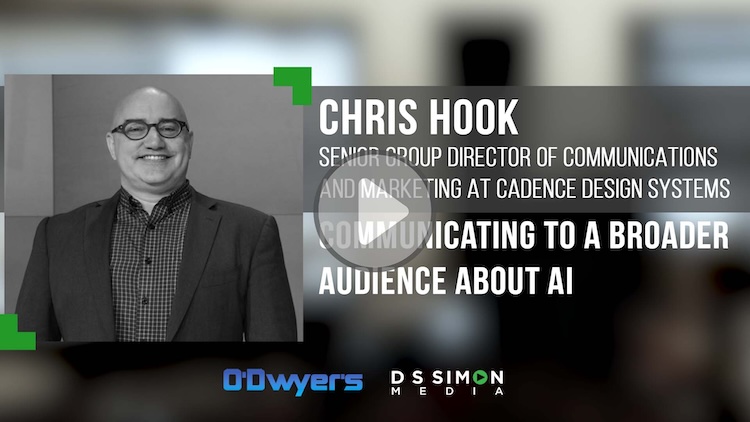
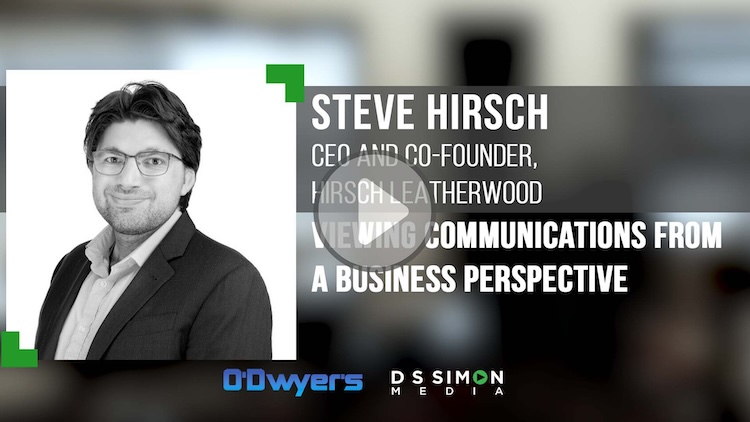



 Have a comment? Send it to
Have a comment? Send it to 
No comments have been submitted for this story yet.